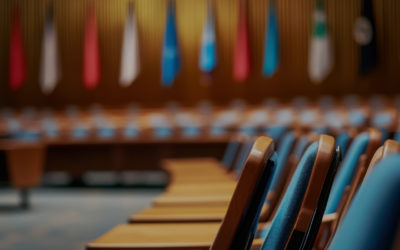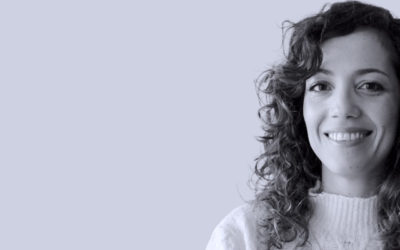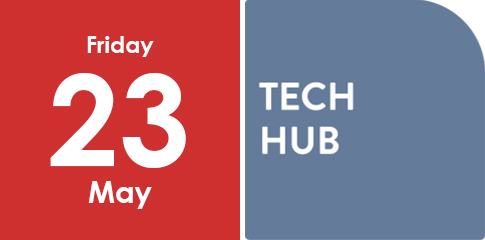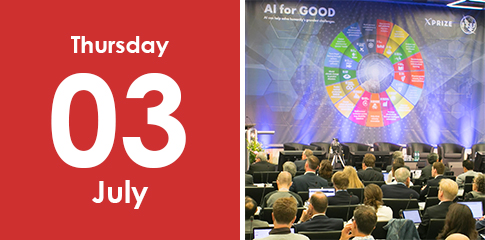Aymeric has a thing for navigating through cultures and learning from others’ points of view. He is a civil engineer who graduated from INSA in Strasbourg, during which he went for an Erasmus in the EPFL school in Lausanne. He is currently writing his final paper to obtain a MAS in International Relations after following an Executive Diploma in Environmental Governance & Policy-Making and an Executive Certificate in Conflict and Fragility Management. We asked him three questions about his professional background and learning journey at the Graduate Institute.
What a unique learning journey! Could you tell us more about it?
As an engineer, I encountered situations and issues where I lacked the knowledge and methods to fully understand the problems I was facing. As I carried out my engineering degree project for a nuclear power plant’s energy-producing equipment, I focused on the technical part of my tasks without understanding the societal consequences of the job in the context of the pre-Brexit. The MAS in International Relations provides me with the keys to understanding the effects of our current rapidly and significantly changing environment.
What did you gain from these programmes? Would you have one key takeaway from each of these programmes to share with us?
The Executive Diploma in Environmental Governance and Policy Making let me use my Engineer technical skills in a different context to try to imagine solutions to issues we are now all facing.
The Executive Certificate in Conflict and Fragility Management taught me how to collectively sit around a table with other participants and imagine solutions to a given problem, each bringing its own experience and point of view. Presenting and defending this project with others teams is the best way to interact and build a common answer to a given problem.
Finally, the Executive Master in International Relations would be a way for me to articulate all my learnings within the Institute.
How do you envision your career development and the next steps towards it?
I wish to find a way to articulate my previous technical background and the human aspect I discovered within the Institute. A meaningful way for me would be to bring and use my knowledge to the current debate on the energy mix, how the consequences of climate change would impact our lifestyles, and how we could effectively and efficiently prepare for what is undoubtedly coming in the following years.
***
Want to learn more about the Executive Master in International Relations? Visit the programme page.









Thank you Aymeric Conry for this article.
For me your reflection about the way you envisage the future of your career provides very good evidence of the tight links between engineering and societal and environmental matters.
The covid-19 pandemic gave us clear examples on how crucial was for medical doctors, health researchers and pharmaceuticals to have a good understanding of internal politics and global decision making processes to be able to provide rapid responses to the world populations.
With the current environmental challenges, engineers of the world have an extremely important role to play to reduce the impact of climate change. It is practically a responsibility for educational institutions to provide engineers and those working in the infrastructure sector with the knowledge and tools to be able to seat at the table where the world discusses sustainable solutions.
I wish you all the best in your career development!